If you’re like many people, you’re not sure what causes a domestic violence case to be dismissed in court. Maybe you’ve been charged with domestic battery or aggravated domestic battery, or perhaps you accused someone of battery and you want to get the case dropped. Either way, here’s what you need to know.
Why Do Domestic Violence Cases Get Dismissed?
First things first: You can’t “drop the charges” if you accused someone of domestic violence – even if you made up your story to get an edge in your divorce or custody battle. The prosecutor can dismiss the charges, or the judge can find someone not guilty, but the person who made the domestic violence allegation has no way to get the other person out of trouble once the police have been called and arrested him or her for a crime.
Related: Can domestic violence charges be dropped?
Why Do Prosecutors Dismiss Domestic Violence Charges?
If a prosecutor doesn’t feel he or she has enough evidence to actually prosecute a case and get a guilty verdict, there’s a chance that the case will be dropped. The prosecutor’s job is to bring guilty people to justice – but if the evidence just isn’t there, it would be a waste of the court’s time and resources to bring someone into court just so he or she could be found not guilty. Likewise, if the prosecutor does bring the case to court but the judge finds there isn’t enough evidence to convict someone, the judge can find the alleged abuser not guilty.
Can a Lawyer Get a Prosecutor to Dismiss a Domestic Violence Case?
Often, prosecutors are willing to look at new evidence in a case – evidence they didn’t get from police or other records. Sometimes an attorney is able to talk to a prosecutor before a trial to see if the prosecutor will consider new evidence, and in some cases, that can be helpful to the person who’s accused of committing the crime. Some evidence a prosecutor might consider could be:
- The accuser being impaired (such as drunk or under the influence of drugs) at the time of the alleged incident)
- The accuser having improper motivation (such as a custody battle or something similar)
- The accuser’s story is unbelievable or there is contradictory evidence
These are just a few examples. Every case is different, so talk to your attorney about the circumstances leading up to your arrest. He may be able to present the prosecutor with evidence that would make getting a guilty verdict hard – or even impossible. Remember, though, that there’s no way to guarantee what a prosecutor or a judge will do in any case.
Do You Need to Talk to a Lawyer About a Domestic Violence Case?
If you’ve been accused of domestic violence, we may be able to help you. Call us right away at 847-920-4540 to tell us about your situation. We’ll be happy to answer your questions and help you start moving forward.

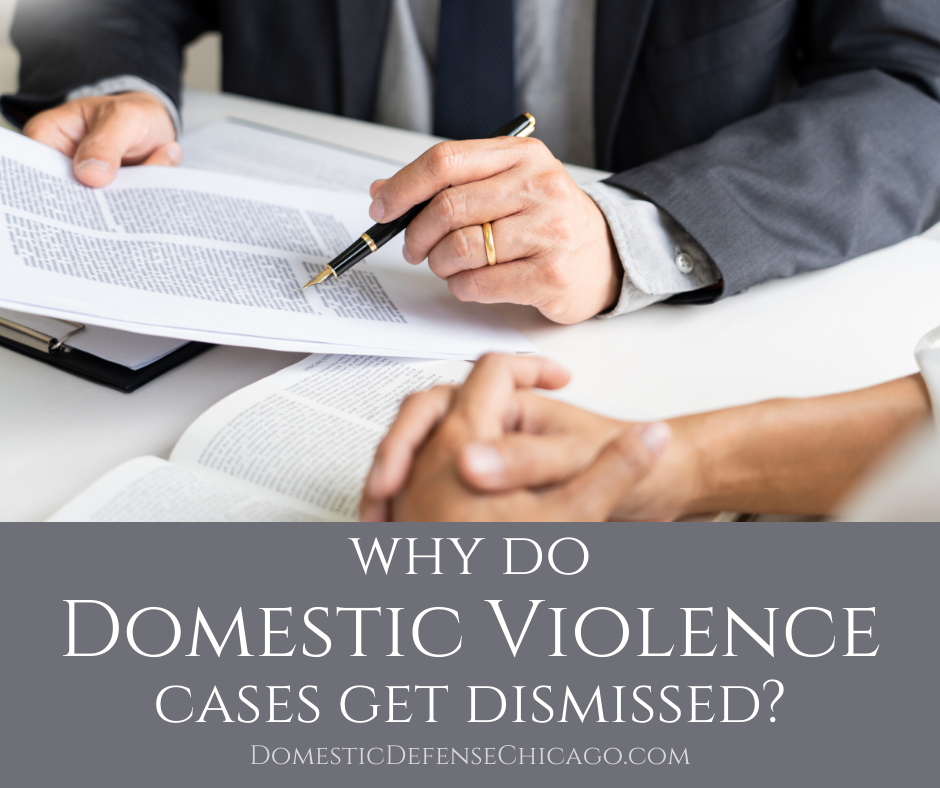
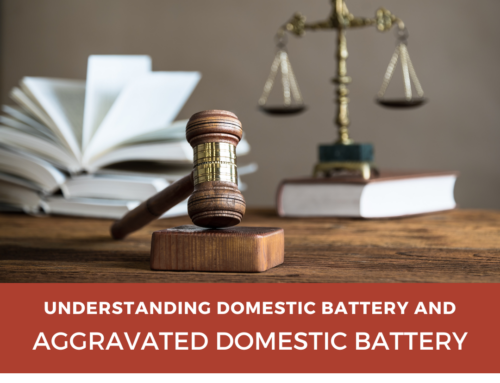
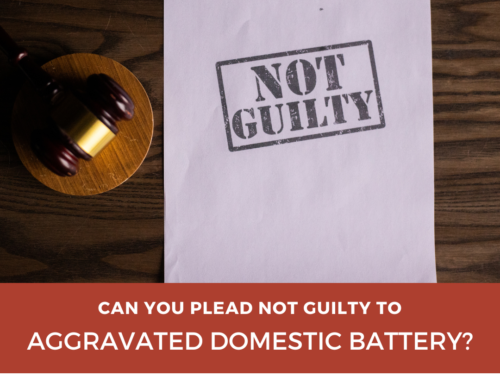

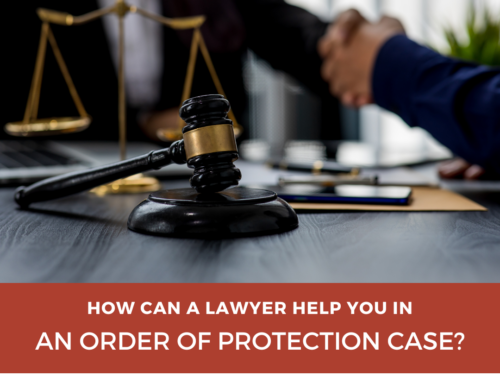
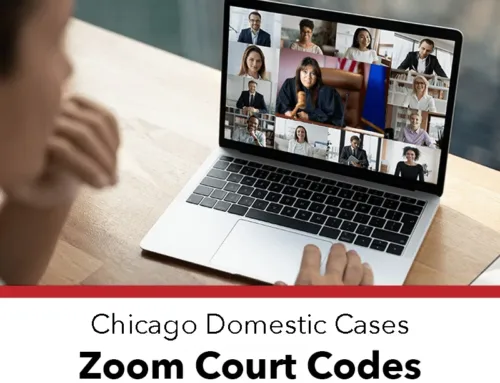
Leave A Comment
You must be logged in to post a comment.